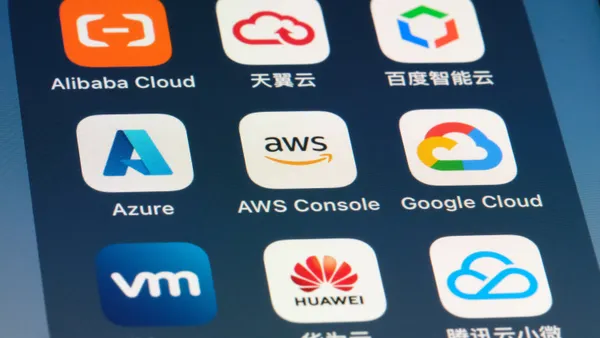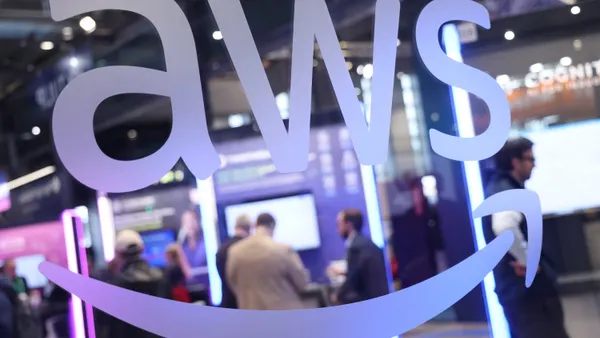Dive Brief:
- The FCC announced this week that it plans to fine a large electrical contractor $718,000 for blocking consumers’ Wi-Fi connections at the Baltimore Convention Center.
- M.C. Dean restricted Wi-Fi channels, making users pay between $795 and $1,095 to gain access to the restricted channels.
- The FCC's actions against Wi-Fi blocking began with a $600,000 fine against Marriott last year.
Dive Insight:
In some cases, organizations may block users' Wi-Fi in order to force them to pay big fees for hotel or convention center Internet access. But some say the blocking is not always for financial gain – at times there may be legitimate security, privacy and net management reasons to block Wi-Fi access. Above all, there should be rules in place rather than just handing out huge fines.
"Before the FCC can enforce rules, rules must exist. That’s why I believe that the FCC should adopt rules that limit Wi-Fi blocking,” said FCC Commissioner Ajit Pai.
Pai said parties urged the FCC to come up with such formal rules over a year ago, but the petition was dismissed.
"In the end, this decision is the latest evidence that the FCC’s enforcement process has gone off the rails,” said Pai. “Instead of dispensing justice by applying the law to the facts, the Commission is yet again focused on issuing headline-grabbing fines.”
M.C. Dean admitted that it deployed deauthentication equipment at the Baltimore Convention Center from October 2012 until December 13, 2014, using an auto-block feature that automatically detected and indiscriminately deauthenticated any unknown AP.











